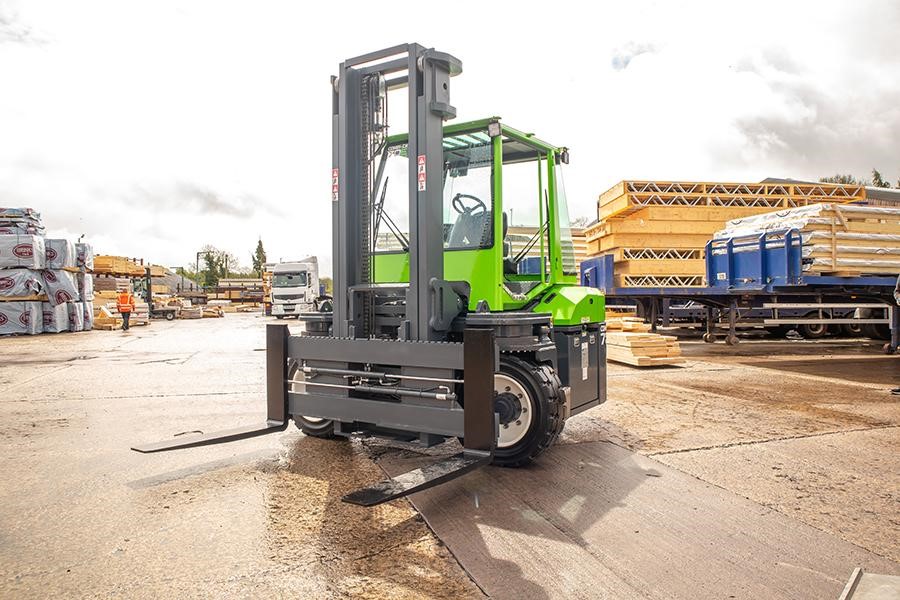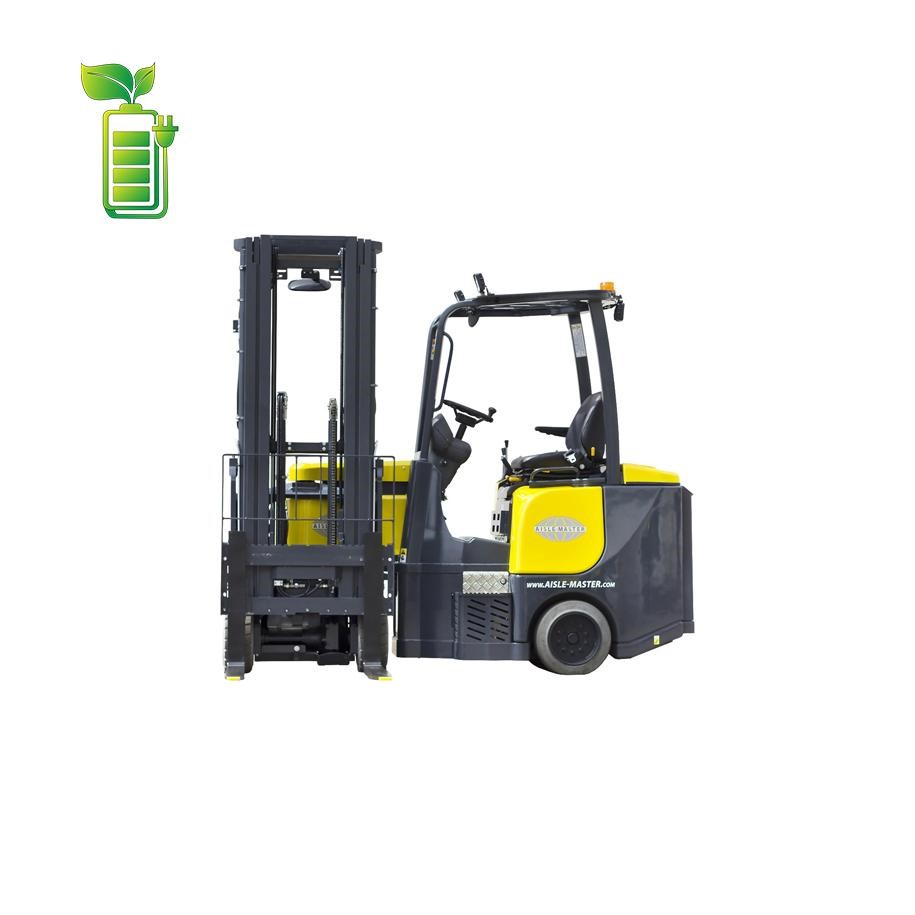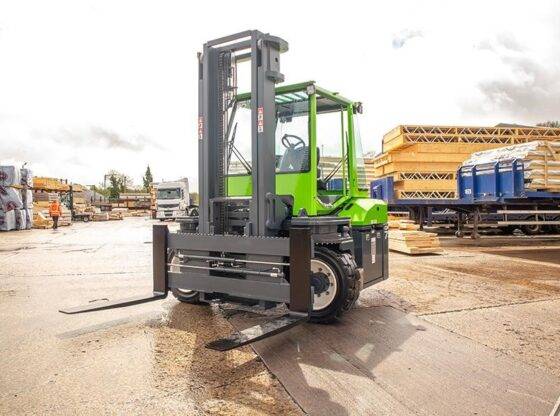“Lithium batteries” is a common designation for the cell type used in numerous objects in our environment, including mobile devices, electric vehicles, and forklifts. They are ubiquitous. Lithium-ion batteries are available in a wide variety due to the application-dependent diversity of lithium-ion battery requirements. Performance, durability, life cycle time, and cost are dependent on the cell chemistry and cell type employed. Prices for the various cell types vary greatly, and you can typically expect to receive what you pay for.

Benefits
Ease Of Use
A significant advantage of lithium-ion batteries is that they are designed with convenience in mind, including charging convenience. Even if only for a few minutes, they can be plugged in whenever practicable. Opportunity charging allows Li-Ion Powered Forklifts to be charged at any time of the day by plugging the charger directly into the battery. With the right Li-ion forklift battery and charger combination for the application, charging during normal shift breaks is sufficient to maintain a continuous 24×7 operation. The lithium batteries on your forklifts can be entirely charged in one hour (1C charging), and thanks to CAN integration with the charger, any available Li-ion charger can be used so long as the voltage is equal to or greater than the battery voltage. The charger will automatically conform to the battery’s voltage and current requirements.
Battery Life
Lift Trucks’ Li-Pro forklift batteries have an exceptionally extended lifespan. Li-ion batteries are not sensitive to charging because they enjoy being charged because they are modern technology. The lifespan of these high-performance Li-Pro batteries is approximately 5000 capacity cycles. This is a distinct measurement than the approximately 1,500 charging cycles for conventional lead-acid batteries. In most applications, three to four lead-acid batteries are required to achieve the same lifespan as one lithium-ion battery. Additionally, unlike Li-ion, the service life of traditional batteries can be affected by their use and maintenance – forgetting to fill a lead-acid battery with water, not properly cleaning it, and not charging or equalizing it will drastically reduce its lifespan. If this becomes a significant issue, Li-ion batteries are the answer.
Battery Run Time
Another benefit of lithium-ion batteries is that they provide a constant, high-power supply that does not diminish as the battery dissipates. No matter the State of Charge (SOC) level, the truck will operate with the same level of efficacy. During routine material handling tasks, electric forklifts propelled by lithium-ion batteries will typically require one hour of charging per shift to operate continuously. Charging is possible at any time and at your convenience. The intelligent BMS will alert the driver when the battery charge is insufficient. Lead-acid batteries typically require 7-10 hours of uninterrupted charging time, depending on the charger, and the only feasible solution for shift operation is a battery change system, which requires investment, and space, and is laborious with frequent battery changes. Lift Trucks’ Li-ion batteries are an excellent investment when considering the total cost over time.

Warranty
Due to the exceptional quality and performance of the Li-Pro batteries found in forklifts, they come with a very liberal and extensive 5-year warranty, ensuring that the batteries deliver as promised.
Maintenance
Another advantage of lithium-ion batteries is that they are practically maintenance-free, which reduces labor costs and increases productivity. With lead-acid batteries, there are several additional tasks to consider, such as watering (topping up the battery’s fluid levels with distilled water to prevent damage, keeping them clean to prevent current leakage between cells, rinsing poles from oxidation, etc.).



















